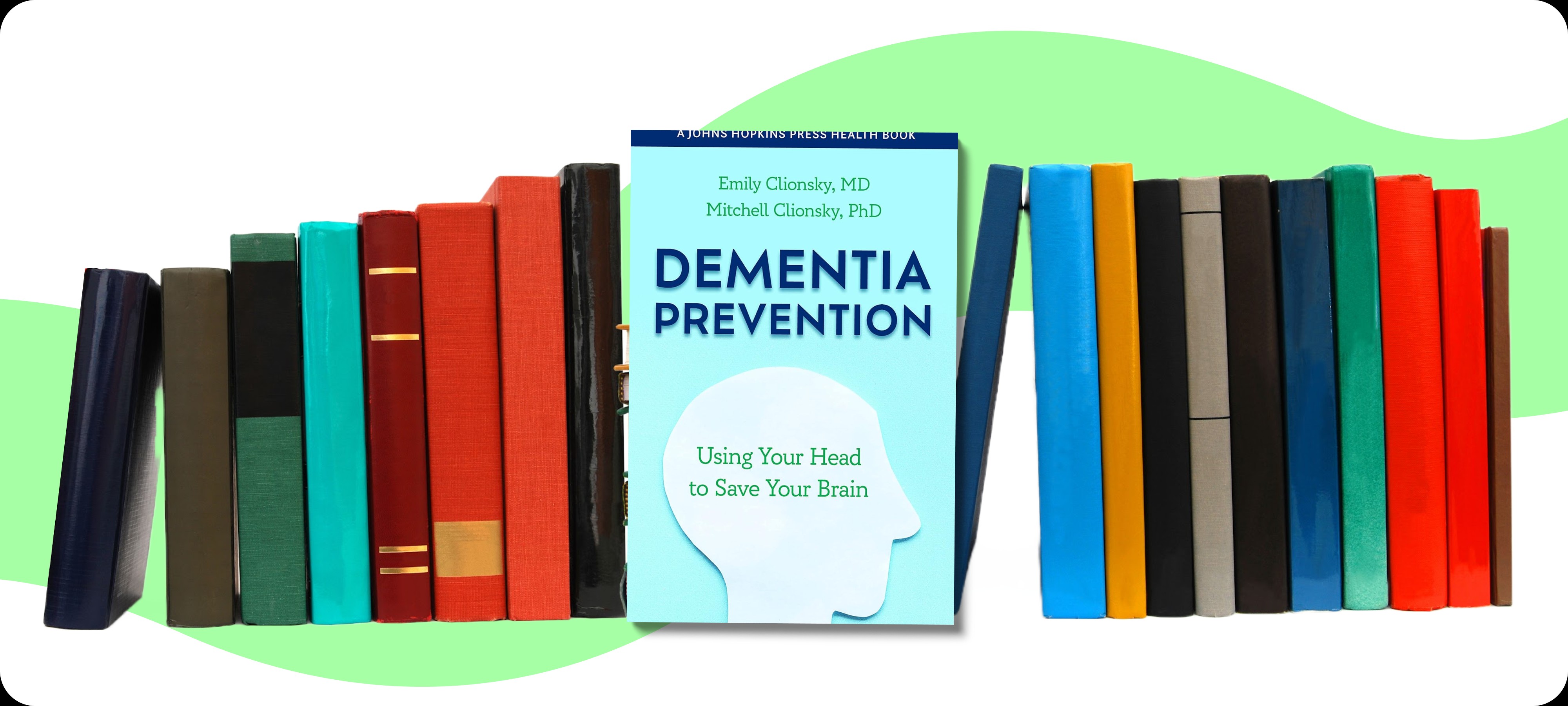The importance of tackling chronic stress cannot be overstated. Especially when you consider that approximately 75% of the symptoms leading individuals to seek medical attention can be linked to the pervasive impact of chronic stress.
In this review, we embark on a journey through the pages of The Mind-Body Cure by Dr. Bal Pawa, a book that dives deep into the realm of stress and its profound impact on our physical and mental well-being. Driven by the belief that knowledge is the key to empowerment, this book equips readers with invaluable insights and practical tools to combat the destructive effects of chronic stress.
Author’s background

Bal Pawa holds dual qualifications as both a pharmacist and a medical doctor. Dr. Pawa’s dedication to holistic and integrative medicine is evident through her additional certification in Mind/Body Medicine from Harvard University.

She is also board-certified in hormone health and women’s health by the North American Menopause Society. Dr. Pawa’s expertise extends to Functional Medicine, where she has specialised in areas such as autoimmune disorders, cardiovascular health, gastrointestinal health, and brain/neuroplasticity. With over 30 years of clinical practice, her vast knowledge and clinical experience have made her a respected speaker and author in the field of integrative medicine.
What is the book about?

The Mind-Body Cure by Bal Pawa explores the intricate connection between our mental and physical health. Drawing upon her extensive formal education, research, clinical experience, and personal journey, Dr. Pawa delves into the profound impact of chronic stress on the human body and presents practical solutions to regain health and well-being.
The book begins by unravelling the ancient survival mechanism of the autonomic nervous system (ANS) and how it can now work against us, leading to a cascade of stress-related health issues. Dr. Pawa emphasises that a stressed brain triggers responses throughout the body, affecting everything from respiratory and digestive systems to muscles and the immune system, ultimately resulting in illness and disease.
The Mind-Body Cure comprises eight chapters that meticulously detail how stress affects various body systems and the resulting damages. These chapters not only provide insight into the detrimental effects of stress but also offer valuable tools and strategies to cultivate a healthy mindset. Dr. Pawa’s approach empowers readers to engage their minds in a way that interrupts the stress response, allowing the body to heal.
The book culminates in a final chapter that consolidates seven practical tools into a whole-body REFRAME toolkit designed to combat chronic stress effectively. Dr. Pawa firmly believes in the interconnectedness of all body systems and emphasises that addressing the root cause of illness, namely chronic stress in the mind, brain, and body, can lay the foundation for lasting health.
Table of contents

- Introduction
- 1. Mind Your Mind
- 2. Mind Your Brain
- 3. Mind Your Breath
- 4. Mind Your Gut
- 5. Mind Your Movement
- 6. Mind Your Heart
- 7. Mind Your Sleep
- 8. Mind Your Immune System
- 9. The REFRAME Toolkit: Seven Tools to Re-set Your Health
- Acknowledgments
- Appendix A: Gut Health Assessment
- Appendix B: Supplements
- Notes
- Selected Bibliography.
- Index
Three key takeaways from The Mind-Body Cure

The book presents eight main health aspects that suffer when influenced by stress or when neglected can, in turn, exacerbate stress. These include mind, brain, breath, gut, movement, heart, sleep and immunity. Dr. Pava suggests that by minding these eight areas, we can free ourselves from stress and its damaging effects. In this review, we will cover three of these aspects. If you find this information useful, the remaining five await your discovery within the pages of the book.
1Engaging in mindfulness practices and therapy can help improve brain health and reduce stress
Chronic stress has profound direct and indirect effects on the brain. Neurons in the brain communicate through neurotransmitters and can create permanent neural pathways through repetitive firing. Chronic stress alters neurotransmitter balance, leading to increased fear-related neurotransmitters like adrenaline and norepinephrine, contributing to anxiety and panic disorders. Additionally, it can change the size and shape of certain brain areas, with the hippocampus shrinking and the amygdala enlarging, leading to memory and fear-related issues.
Indirectly, stress affects the gut, sleep patterns, diet choices, and exercise habits, exposing the brain to inflammation, toxins, and disrupted electrical brain waves. To counteract these effects and create a healthier brain, individuals can harness neuroplasticity by consciously changing their thought patterns. Techniques such as mindful meditation, cognitive behavioural therapy, and neuro-linguistic programming help reframe negative thoughts and create new, positive neural circuits. Engaging in neurobic exercises that stimulate the senses in novel ways further enhances mental fitness and supports brain health.
2Maintaining gut health is an effective way to manage stress
In the chapter ‘Mind Your Gut,’ the author delves into the intricate connection between stress, our gut, and overall health. Stress can wreak havoc on our digestive system, leading to conditions like Gastroesophageal Reflux Disease (GERD), peptic ulcers, dysbiosis, and irritable bowel syndrome (IBS). Prolonged stress triggers inflammation in the gut, which serves as the ignition point for inflammation throughout the body, underlining the gut’s pivotal role in our well-being.
To cultivate a healthy gut mindset, the book outlines the 5R Gut Program: Remove, Replace, Repair, Repopulate, and Relax/Rest. Each step offers practical advice on improving gut health, from eliminating irritants in your diet to nurturing good bacteria and mindful eating practices.
Ultimately, a healthy gut is not just about digestion; it is a cornerstone of physical, emotional, and mental well-being. Understanding this intricate connection empowers readers to take control of their health by nurturing their gut and managing stress effectively.
3The balance of the autonomic nervous system can be restored by practising deep and controlled breathing
Stress has a profound impact on our breathing and respiratory health. It can trigger asthma attacks, worsen hyperventilation syndrome (HVS), and lead to panic attacks, all of which have significant physiological and psychological consequences. Chronic stress can change the way cells in asthma react to stress-signalling hormones, exacerbating the condition. Hyperventilation syndrome is entirely psychological but can be triggered by stress, leading to dangerous imbalances in carbon dioxide levels. The fight-or-flight response during panic attacks intensifies symptoms and can contribute to over-breathing in HVS.
To combat these effects and restore balance to the autonomic nervous system (ANS), deep, controlled breathing techniques can be employed. The Breath, Mind, Word (BMW) meditation combines deep diaphragmatic breathing with mindfulness and the repetition of a soothing word, helping to shift the ANS from the ‘gas’ of the fight-or-flight response to the ‘brakes’ of the relaxation response. This practice can lead to the release of natural feel-good chemicals and promote healing and repair in the body, ultimately supporting overall health and well-being.
Strengths and weaknesses, according to readers’ reviews

Strengths
-
Offers valuable insights into the author’s personal healing journey, providing a relatable and inspiring narrative.
-
Beautifully written and conveys a clear understanding of the interconnectedness of the body, brain, and mind.
Weaknesses
-
Offers little new information, making it less valuable for those already well-versed in the subject matter.
Best quotes from The Mind-Body Cure

“While our mind is busy creating thoughts, feelings, attitudes, beliefs, and memories, the brain plays a central role in translating them into electrical and chemical signals that send complex communications to the rest of the body using hormones and neurotransmitters. It also consolidates and stores the memories of all our experiences. In addition to these roles, the brain’s main functions are to maintain balance within the body, be vigilant for external cues, be efficient, and above all keep us safe from danger. The brain is very busy!”
“You may already practice relaxation techniques such as meditation, deep breathing, or yoga. If so, pick one or more of them and slow your nervous system. If not, sign up for a class or ask your health practitioner, a friend, or family member for advice. Less gas and more brakes allows your brain to function better. Other ways to slow down the nervous system include sleep, which bolsters memory, mood, and concentration by detoxifying some of the by-products from brain cells and improving circulation. Exercise increases the flow of blood to the brain, bringing more oxygen and brain-derived neurotrophic factor (BDNF), which promotes the growth of neurons (brain cells).”
Final takeaway

The Mind-Body Cure by Bal Pawa is a powerful exploration of the intricate connection between mental and physical health. Dr. Pawa’s extensive background in both pharmacy and medicine, along with her holistic approach, lends credibility to her claims. The book beautifully combines personal narratives with scientific knowledge, offering valuable insights into holistic healing.
The book is an excellent resource for individuals seeking to understand the profound impact of chronic stress on the body and mind and for those looking for practical strategies to regain their health and well-being.
Where to buy
You may purchase The Mind-Body Cure on Amazon at the best price. It is available in paperback, audio and Kindle versions, so you may choose an option that appeals to you the most.








